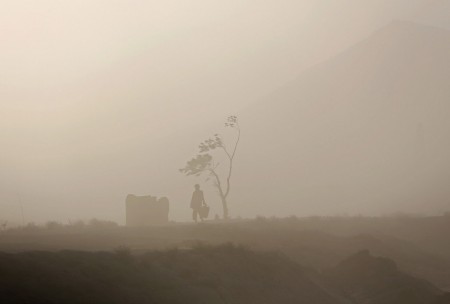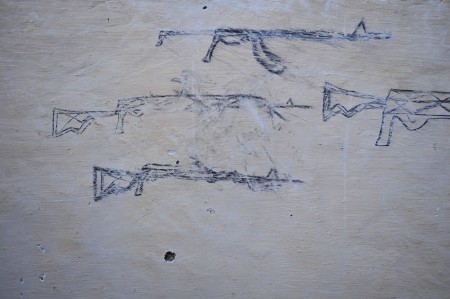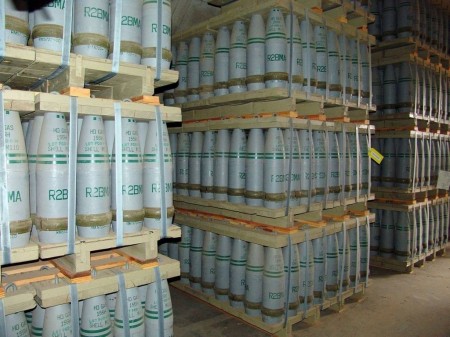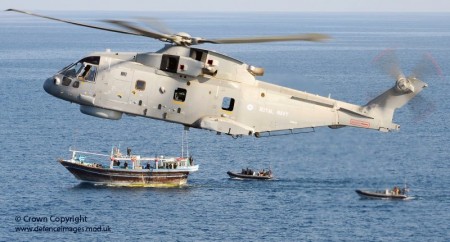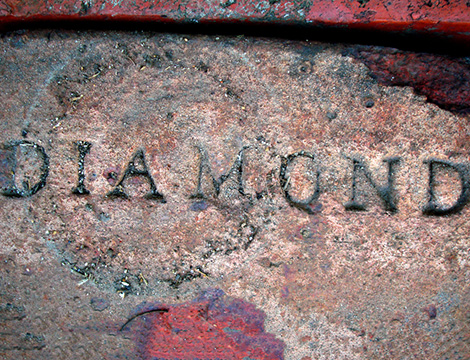
This article was originally published by the IPI Global Observatory on 18 July 2016.
While natural resource development can generate economic success, it can also increase the likelihood of conflict, particularly in Africa. Ongoing violence in Nigeria’s oil-rich Niger Delta is a good example of the so-called “resource curse” in action. In response, African governments continue to grapple with how best to use their resource endowments to foster both economic opportunity and peace. At a time of much soul-searching for the United Nations, there is a unique opportunity to put responsible and effective resource development at the heart of African peacebuilding. But how might local communities take greater ownership of these processes?
The UN Peacebuilding Commission is now examining where and how it can contribute to better management of natural resource development, as part of its newly enhanced mandate to seek prevention of global conflict. “We’ve been supporting the type of discussion that needs to happen between citizens and governments and between governments and companies,” Oscar Fernández-Taranco, UN Assistant Secretary-General for Peacebuilding Support, told me.

